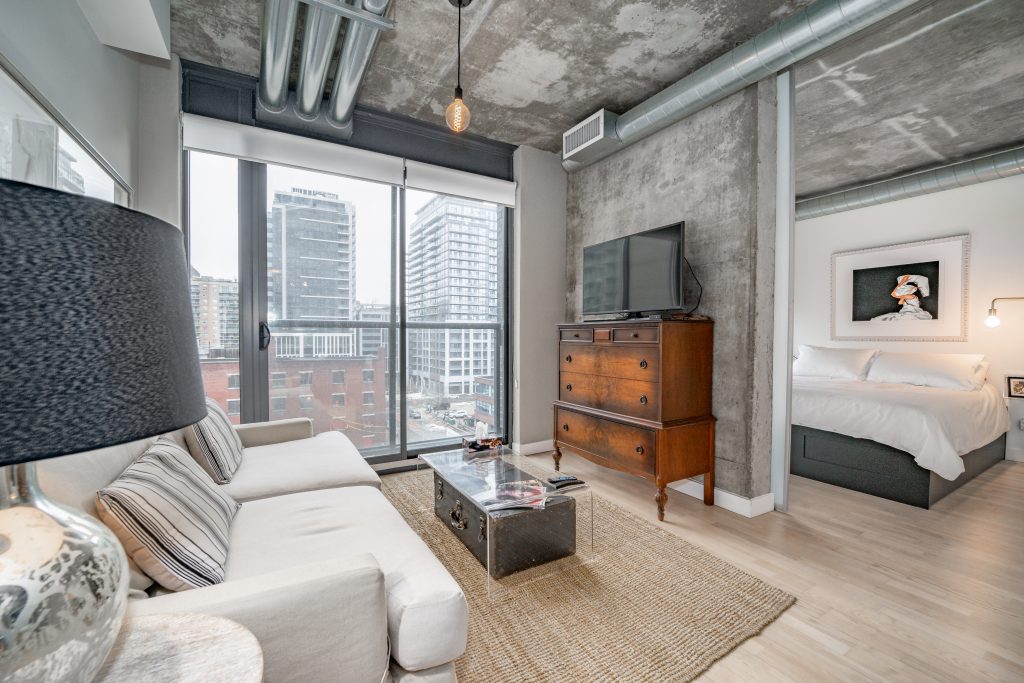
There’s been lot of discussion lately about Airbnb and its impact on the long-term rental market. Many municipalities across Canada are enacting or planning to enact rules to control or curtail the use of apartments and homes as Airbnb rentals.
McGill University’s School of Urban Planning recently came out with a paper with that stated that, “Airbnb is reducing the housing supply”. I’ve read articles that have suggested that the rental vacancy rate, as calculated by the Canada Mortgage and Housing Corporation (CMHC) in various cities across Canada, would improve if all of the units currently on Airbnb would be turned over to the long-term rental market.
I don’t think this issue can be simplified in such a manner. Many investors have chosen Airbnb because they have had bad experiences with their long-term tenants and felt short-term rentals were a viable option. Many investors would simply sell their units if they couldn’t rent them on Airbnb because they don’t want to be in the long-term rental business if it doesn’t pay off for them.
The reality is that investment properties, like all properties, have become expensive so for some investors the only way to own a property that cash flows positive is to turn it into short term rentals. Think back to April 2017 when the Wynne government extended rent control. Then a few months later in July the web site traffic to the Landlord Tenant Board spiked as many investor had decided to sell their units and no longer take part in the long-term rental market. Clear proof that not all government regulations help the people who it’s intended to help. Instead renters were left with less places to rent so rent prices spiked.
For the last few years, private investors have been putting their own capital on the line for rental units as governments have simply not made the investment.
For most of us, who don’t have a pension, our retirement savings are in real estate because we don’t trust the ups and downs of the stock market. Other than government workers and teachers, most of us don’t have a pension to cover our retirement so we need to get creative now with funding our retirement.
What we do need to do is to take a hard look as why so many investors are turning to Airbnb? The Landlord Tenant Board rules are so much in favour of the tenants that landlords are turning to the short term rental market, where they have more rights, avoid the hassles of a long term tenant and make more money.
If policy makers truly want to create more housing they need to look at the Landlord Tenant Board and revisit their one-sided rules.
We also need to recognize that consumers are turning to Airbnb as it offers them an experience they can’t get in a hotel. Most Airbnb guests want a kitchen, living room and want to feel as though they are living like a local. An experience that a hotel simply can’t re-create.
I have an Airbnb in midtown Toronto and have seen guests stay for a month to attend a language class in the area or to visit with family close by; something a hotel can’t compete with.
In markets like the Town of Blue Mountains, large families rent chalets on Airbnb because a hotel room just doesn’t work if you want to have a large family function, have a kitchen and make a meal together.
In markets like Prince Edward County, the tourism industry relies on short-term rentals as there are very few hotels in the County. If consumers didn’t have the short-term rentals, the tourism industry in the County which provides a lot of jobs would be non-existent simply because there wouldn’t be enough places to stay.
I think it’s easy to have a knee-jerk reaction that the short term rentals have made it difficult for the long term rental market but it’s equally important to look at the issues that drove real estate investors to this place; the extension of rent control and the stringent Landlord Tenant Board regulations would be a great place to start.
Shouldn’t landlords & investors have some control over their own properties? It’s their capital at risk.
